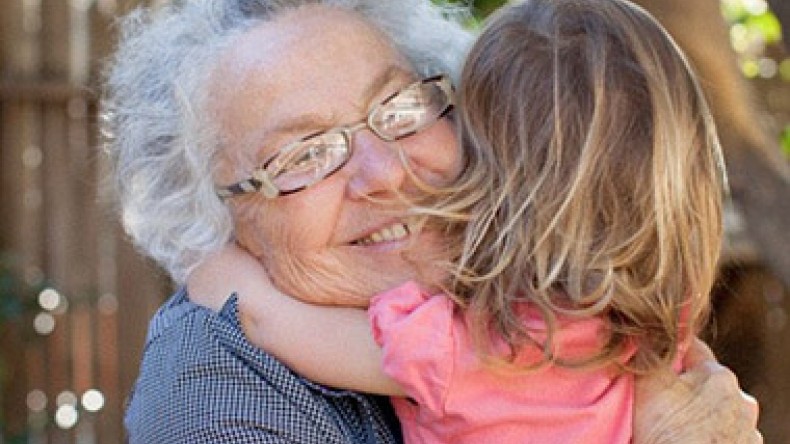
Why a hug this Christmas is good for your health
If you're struggling to get your beloved under the mistletoe this year, then help is at hand.
Scientists have revealed that hugging is good for our health, helping to prevent infection and relieve stress, the Daily Mail reports.
They say just a cuddle or squeeze is enough to reduce illness symptoms and the more you do it, the greater the effect.
Researchers from Carnegie Mellon University in the U.S. quizzed 400 people about their personal conflicts and the sort of support they received.
They then exposed them to a common cold virus and put them in quarantine.
The results showed that people who felt well-supported by family and friends were less likely to fall victim to infection due to stressful situations.
And hugs were responsible for one-third of the protective effect of social support.
Those who felt supported - and received more hugs - experienced less severe illness symptoms regardless of the amount of stress they were under.
Sheldon Cohen, Professor of Psychology, said: 'This suggests that being hugged by a trusted person may act as an effective means of conveying support.
'[It also suggests that] increasing the frequency of hugs might be an effective means of reducing the deleterious effects of stress.'
She added the apparent protective effect of hugs may be due to the physical contact or because hugging provoking feelings of support and intimacy.
'Either way, those who receive more hugs are somewhat more protected from infection,' she said.
Professor Cohen said: 'We chose to study hugging as an example of social support because hugs are typically a marker of having a more intimate and close relationship with another person.
'We know that people experiencing ongoing conflicts with others are less able to fight off cold viruses.
'We also know that people who report having social support are partly protected from the effects of stress on psychological states, such as depression and anxiety.
'We tested whether perceptions of social support are equally effective in protecting us from stress-induced susceptibility to infection.
'And also whether receiving hugs might partially account for those feelings of support and themselves protect a person against infection.'
The results were published in Psychological Science.
Newsfeed
Videos






























